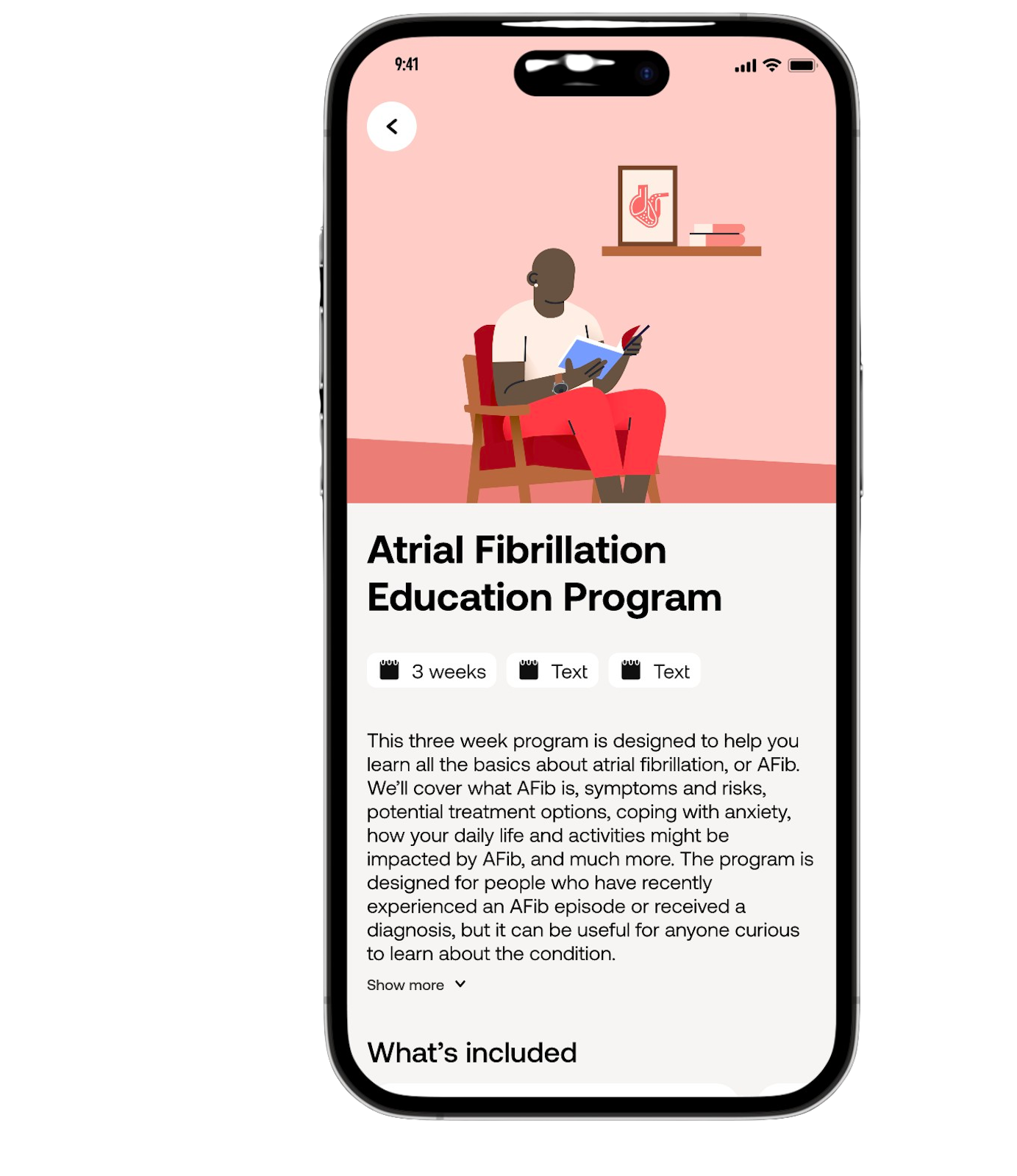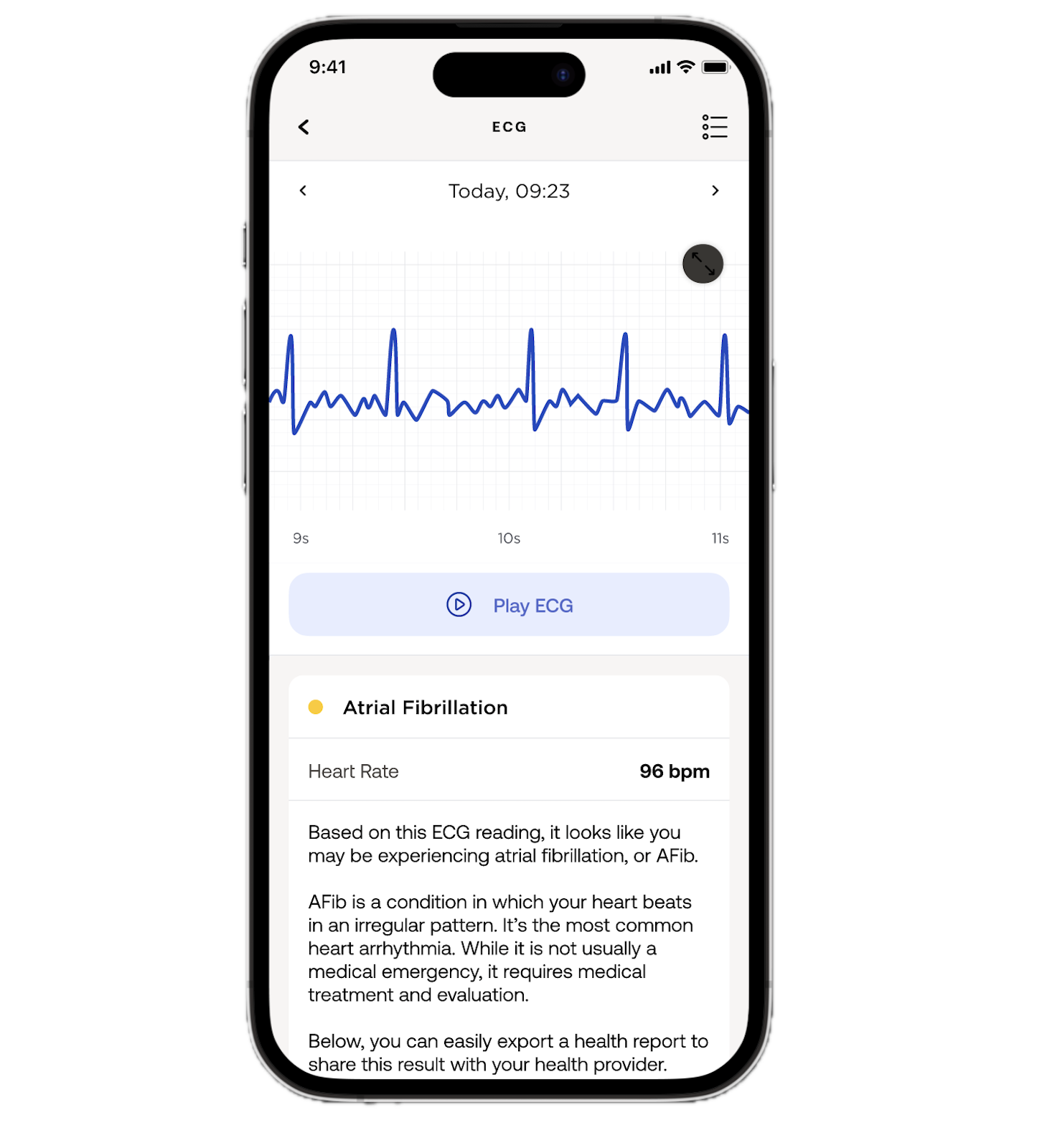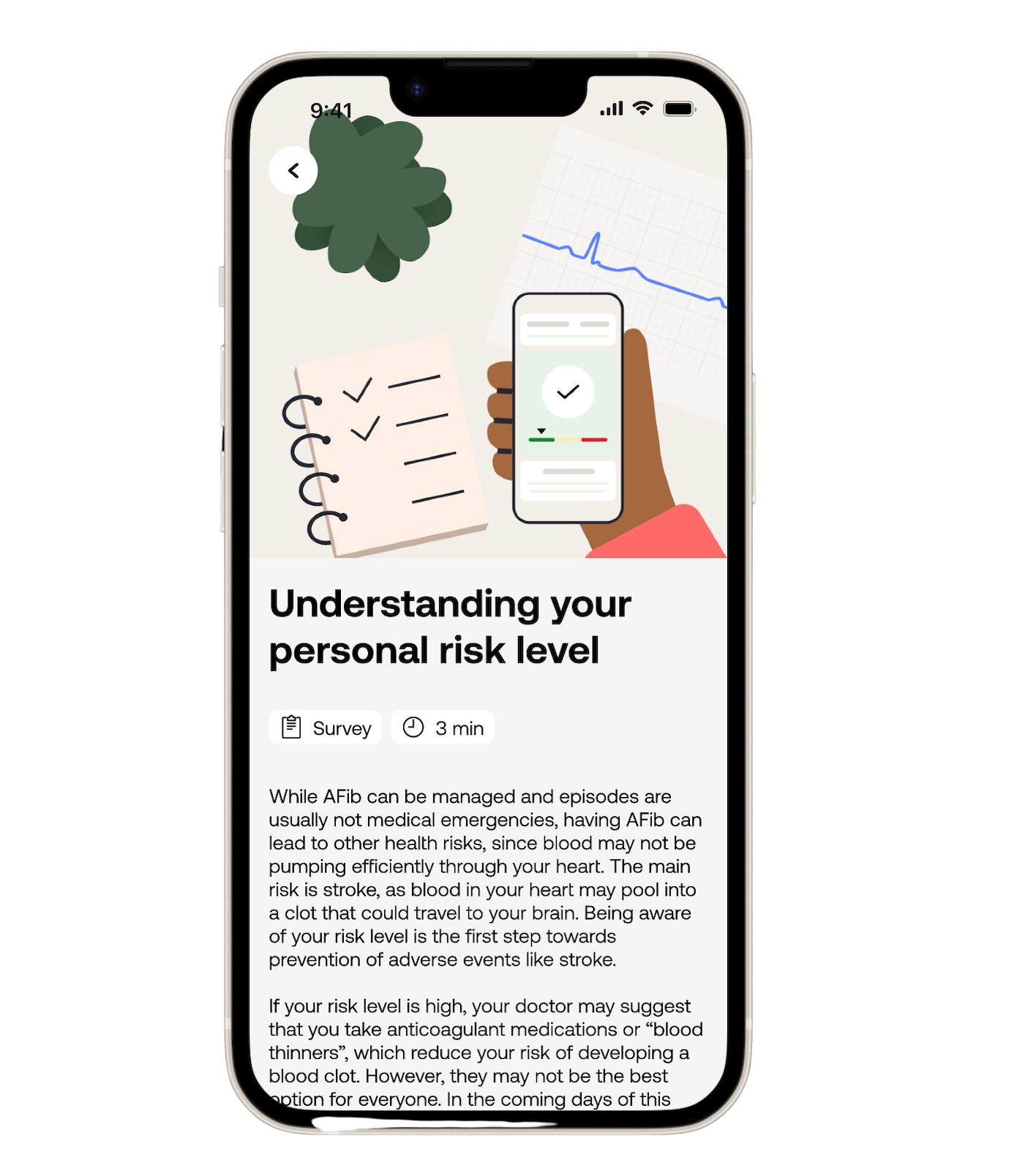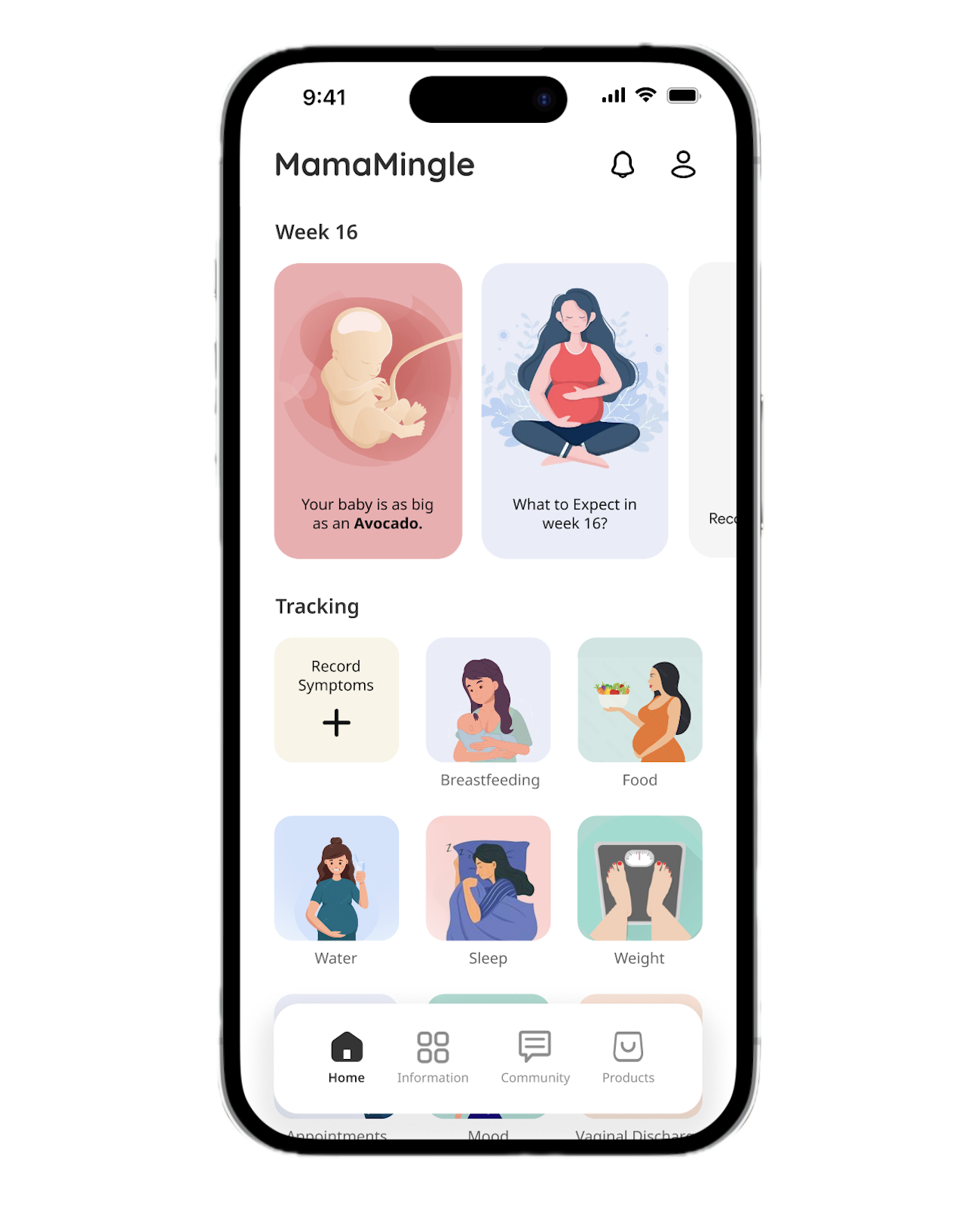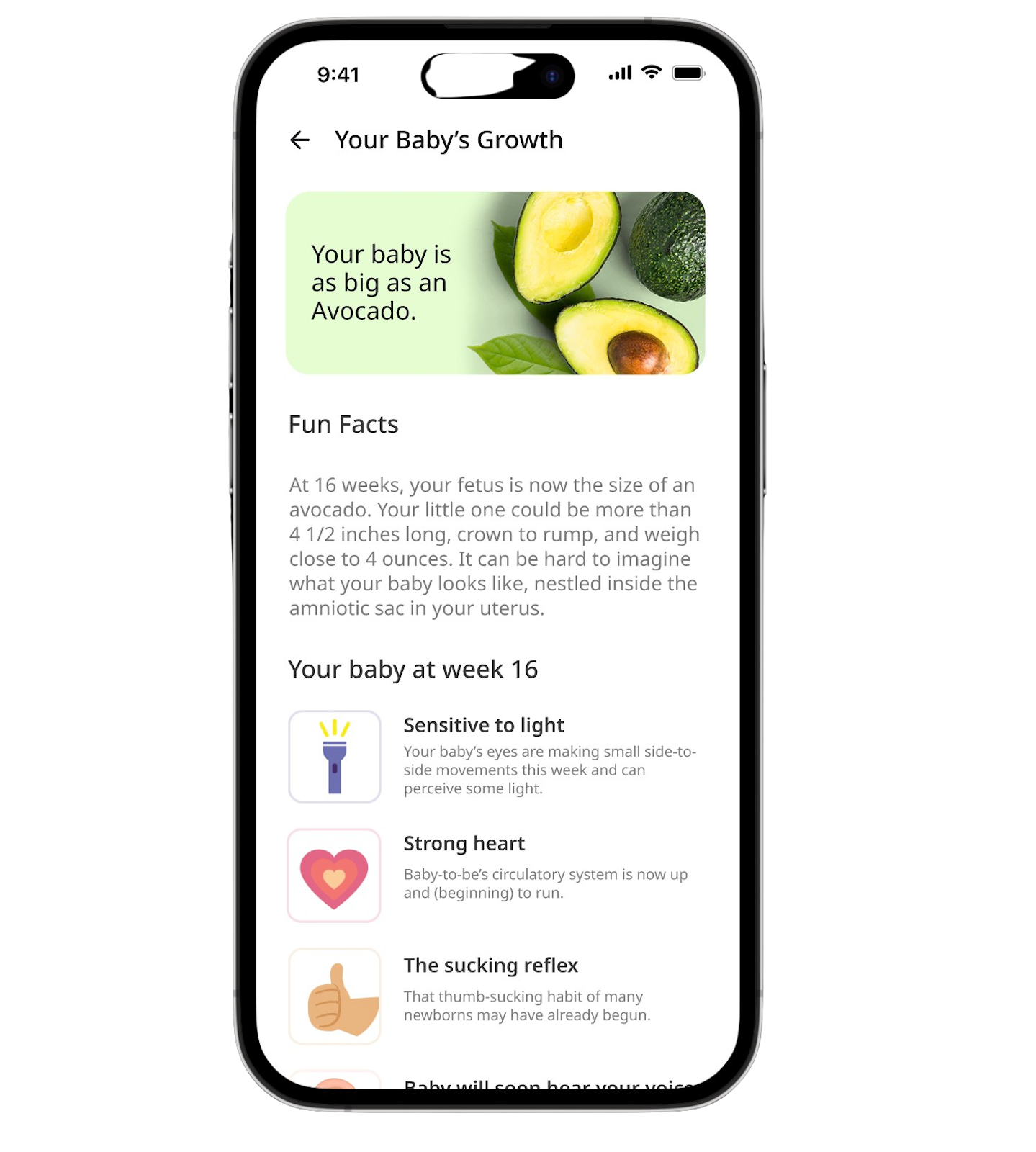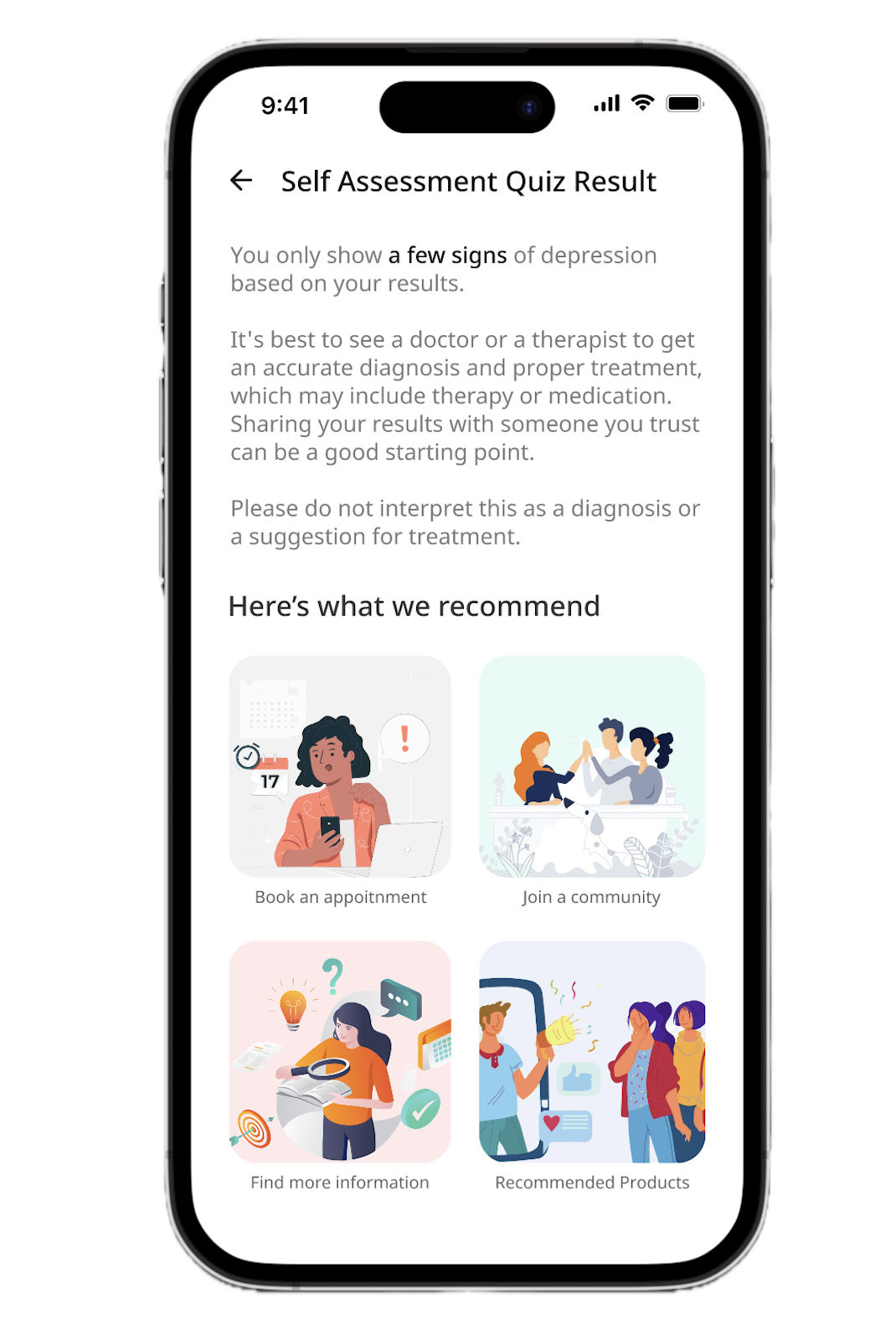Selected Publications
Please e-mail me for a copy of my CV with a full list of publications!
Under Review
Tunis, R., Clifford, N., West, E., Heitkemper, E., Burgermaster, M., Radhakrishnan, K. Developing Psychosocial Personas to Understand Engagement with Self-Care Technologies: A Mixed Methods Study of Adults with Heart Failure. In Proceedings of the CHI Conference on Human Factors in Computing Systems (CHI ’26), .
Letzelter, P., Vittrant, B., Tunis, R. Exploring Outcomes and Engagement Patterns of Hypertensive Patients: An Observational Analysis of the Withings Remote Patient Monitoring Program. Frontiers in Cardiovascular Medicine . [Preprint]
Clifford, N. Tunis, R. Zeng, J., Lee, G., Heitkemper, E., Radhakrishnan, K. Psychosocial-Behavioral Personas of Self-Care Technology Use and Their Associations with Heart Failure Outcomes. Society of Behavioral Medicine 47th Annual Meeting.
Articles & Full Conference Papers
Clifford, N., Tunis, R., Ariyo, A., Yu, H., Rhee, H, Radhakrishnan, K. (2025). Trends and Gaps in Digital Precision Hypertension Management: Scoping Review. JMIR. [DOI]
Tunis, R., West, E., Clifford, N., Horner, S., and Radhakrishnan, K. (2024). Leveraging Digital Health Technologies in Heart Failure Self-Care Interventions to Improve Health Equity. Nursing Outlook. [DOI]
Tunis, R., Fleischmann, K., and Smith, A. (2024). Designing for Personalization in Personal Informatics: Barriers and Pragmatic Approaches from the Perspectives of Designers, Developers, and Product Managers. In Proceedings of the 2024 ACM Designing Interactive Systems Conference. [DOI]
Tunis, R. (2023). Self-Tracking to Manage Chronic Illness: Exploring User Agency in Apps for Diabetes Self-Management. In: Information for a Better World: Normality, Virtuality, Physicality, Inclusivity. iConference 2023. Lecture Notes in Computer Science, vol 13972. Springer, Cham. [DOI]
**Best Short Research Paper Runner Up**
Radhakrishnan, K., Julien, C., O’Hair, M., Tunis, R., et al. (2023). Sensor-Controlled Digital Game for Heart Failure Self-Management: Protocol for a Randomized Controlled Trial. JMIR Research Protocols. [DOI]
Tunis, R., Baranowski, T., Rangel, A., Custer, J., Thomaz, E., et al. (2023). A Decentralized Clinical Trial of a Digital Intervention with Multiple Health Trackers for Heart Failure: Early Learnings and Practical Considerations. In Proceedings of the 17th EAI International Conference on Pervasive Computing Technologies for Healthcare. [DOI]
Conference Short Papers & Presentations
Tunis, R., Clifford, N., Kim, N., Radhakrishnan, K. 2024. Assessing the Impact of a Digital Health Intervention on Self-Efficacy in Heart Failure Patients. AMIA 2025 Annual Symposium. Atlanta, GA
Clifford, N. and Tunis, R. 2024. Personalization in Digital Hypertension Management: Systematic Review. AMIA 2024 Annual Symposium. San Francisco, CA.
Tunis, R. and Fleischmann, K. 2024. Towards Values-Focused Design Methods for Personalization in Consumer Health Informatics: Workshopping Approaches with Designers. IEEE International Conference on Healthcare Informatics. Orlando, FL.
Tunis, R., West, E., Clifford, N., Radhakrishnan, K. 2024. ‘I’m Not Your Average Heart Failure Patient’: Personalization & Context in Digital Tools for Chronic Disease Self-Management. St. David’s CHPR Annual Meeting, University of Texas at Austin School of Nursing. Austin, TX.
Invited Talks
Tunis, R. 2024, April. The Patient, the App, and the Illness: Understanding the User Experience for Chronic Illness Management Using Third Party Apps. Center for Medicare and Medicaid Services: Health Informatics and Interoperability Group. Virtual.

